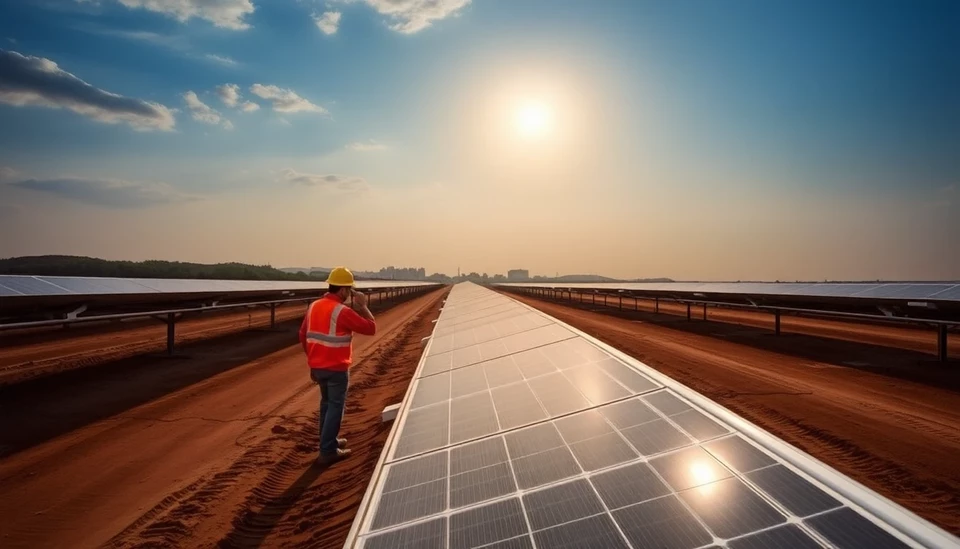
The recent troubles surrounding India's Adani Group have cast a significant shadow over the country's burgeoning solar power industry. These issues not only raise concerns about the financial stability of one of India's largest conglomerates but also spotlight systemic flaws in the broader renewable energy market. As this story unfolds, the implications for investors, the environment, and India's energy goals are becoming increasingly pronounced.
Adani Group, which has rapidly expanded its footprint in the renewable energy sector, faced severe scrutiny following allegations of accounting irregularities and stock manipulation. This scrutiny reached a peak after a report by a U.S.-based short-seller accused the company of engaging in malpractice. As a result, share prices plummeted, leading to wider apprehension about the group's future and its substantial investment in solar energy, which is a critical component of India's strategy to transition to a greener economy.
India aims to achieve 450 gigawatts (GW) of renewable energy capacity by 2030, with solar energy playing a pivotal role in that vision. The Adani Group is one of the primary players in this transition, claiming to be the world’s largest solar power producer. However, the turbulence caused by the recent allegations has raised questions about the structural integrity of India’s solar boom.
While the government has been supportive of solar energy initiatives, the lack of robust regulatory frameworks to oversee these massive investments is becoming evident. Many industry experts have noted that such a scenario could lead to risks not just for individual companies like Adani but for the entire renewable sector in India.
Concerns extend beyond corporate governance and financial schemes, as the environmental impact of hastily implemented energy projects comes into focus. Questions have emerged regarding land acquisition processes, local community rights, and ecological sustainability, all of which are crucial as India ramps up its solar projects. The acceleration of solar installations must be balanced with transparency and sustainability to foster long-term trust and investment in this crucial sector.
The turmoil at Adani comes at a time when international investors are looking at India as a hub for renewable energy investments, given its vast solar potential and strong government backing. However, the revelations surrounding Adani may deter potential foreign direct investments, which are critical for India’s ambitious renewable energy targets.
As the nation looks towards a future powered by clean energy, stakeholders are now advocating for a systemic overhaul aimed at strengthening oversight in the renewable sector. The situation at Adani could act as a catalyst for reform, pushing for better governance practices and a more transparent regulatory environment that could benefit genuine players in the field.
In summary, the troubles belonging to the Adani Group expose not only the precarious situation of an influential business empire but also shine a light on the underlying vulnerabilities within India's solar energy sector. For the future of renewable energy in one of the world's fastest-growing economies, this incident underlines the need for stronger governance and a commitment to transparent practices that align with environmental sustainability.
As this story continues to develop, all eyes will be on the measures taken by both the Adani Group and the Indian government to restore confidence in the renewable energy landscape.
#AdaniGroup #SolarEnergy #India #RenewableEnergy #InvestmentRisks #CleanEnergy #Sustainability
Author: Samuel Brooks




